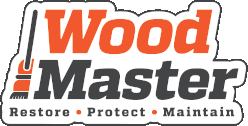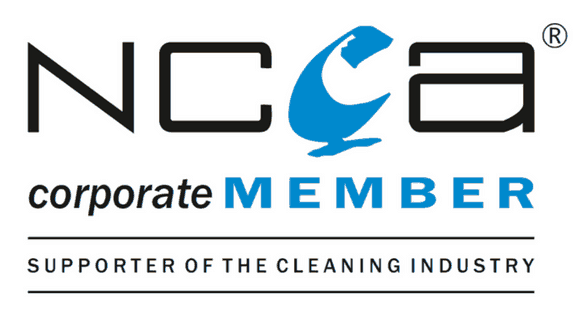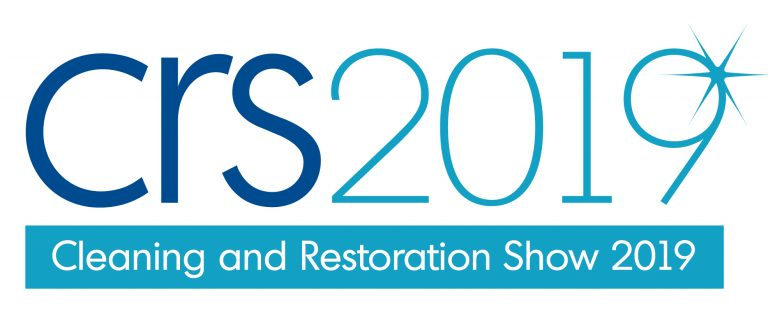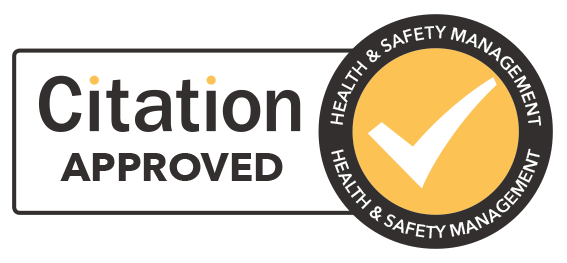A solid hardwood floor is generally delivered pre-finished with lacquer and is ready to use as soon as it has been installed. In high traffic areas, however, or with floors that are subjected to spillages and require frequent cleaning, a further coat of lacquer after installation may be recommended.
Regular cleaning
The floor must be regularly swept and vacuumed, and when necessary wiped with a well wrung out mop or cloth. For larger floors, our own TileMaster 40 machine or TileMaster Scrubber dryer machine is recommended. To help remove dirt from the surface of the floor, a solution of TileMaster Cleaner No1 is recommended and can be added to the cleaning water or the scrubber dryer.
Floors which have recently been re-lacquered should not be cleaned for at least 72 hours.
Use of water – Important
Always use as little water as possible for cleaning, and remove any excess pools immediately to prevent swelling or other types of water damage.
Protection & light restoration of the surface
If your floor has lost is lustre, you can use our specialist refresh product to hide minor scratches. If the damage is more severe, a light sand using a mesh disk and a top up of the top coat lacquer can be employed to revive a dull looking surface and protect the floor from when it was first sanded.
Long term maintenance
Periodically, when the lacquered surface becomes dull and worn, the floor should be cleaned, lightly sanded and then over-coated with the lacquer. The time between maintenance coats depends mainly on the amount of foot traffic the floor receives.
Floors in busy commercial areas such as retail spaces, restaurants etc. will require resealing more often than residential floors. It is recommended that your floors are resealed before the lacquer wears through to bare wood, so regular inspection is important.
Floor protection methods
Felt pads
Furniture is one of the main culprits when it comes to marks on your hard floors, but you can mitigate this problem by fitting felt pads to chair or sofa legs. Please note that these pads will wear out eventually, so you’ll need to replace them every so often. Wear and tear from office chairs etc can be reduced by use of purpose made plastic mats.
Barrier matting
A good quality barrier mat is a very effective way to keep dirt, water and grit off the floor. Mats must be of sufficient size and the correct type to suit the type of building and number of users.
Stain removal
Dried out stains are often more difficult to remove than fresh ones, so always make sure you remove any spillages and stains as soon as you can.
For fruit juice, milk, cream, tea, soft drinks, beer, wine, coffee:
Remove with Cleaner No1 and Bug Kit
For chocolate, grease, oil, shoe polish, scuffs marks from shoes:
Remove with Cleaner No1 and Bug Kit
For ink, lipstick:
Remove with Cleaner No1 and Bug Kit
Prevention of slips and trips
A properly maintained and installed Junckers floor will have excellent slip resistance, but any spillage will make the floor more slippery and increase the likelihood of accidents, so you should always wipe them up straight away.
Use of adhesive tape and masking materials etc.
Always use low tack adhesive tapes and masking materials. Adhesive on tape and logos sometimes have a very high tack value, damaging the protective layer of lacquer if they’re pulled off quickly.
























Hi
We have original block parquet we need restoring, sanding and staining please?
Thanks